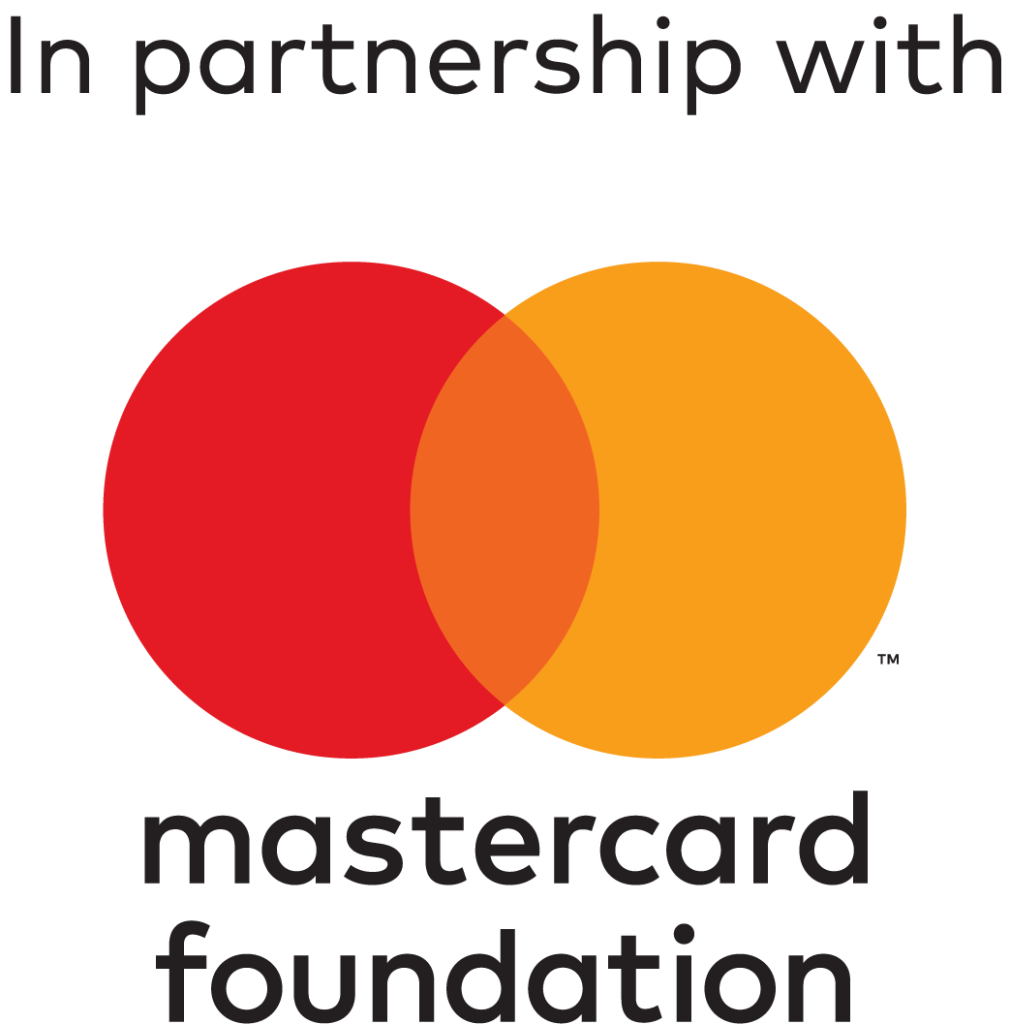In 2015, the United Nations created World Youth Skills Day to amplify a global truth: young people must be equipped with the skills to shape, rather than just survive, the future.his truth has only grown stronger over the last decade. The theme for 2025, “Youth Empowerment through AI and Digital Skills”, is both timely and significant.
Across Africa, the conversation is no longer about access to learning but access to the right kind of learning. The kind that moves people from potential to practice. From informal survival to sustainable careers. From disconnected data to deliberate impact.
At CcHUB, our commitment to workforce development is shaped by this very lens: the belief that when young Africans are equipped with future-facing skills, they don’t just fill gaps in the economy; they become builders of entirely new sectors.
Through the Mastercard Foundation EdTech Fellowship, CcHUB supports education technology solutions that are not only digital, but transformational. From AI-powered tools for artisans to financial literacy courses for digital entrepreneurs, these platforms are enabling young people to unlock opportunity on their own terms, in their own languages, and through their own devices.
From Learning to Livelihood
Across the continent, alumni of our supported EdTech startups are rewriting what workforce readiness looks like:
Godsgift, 29, from Nigeria, didn’t just complete a course with Hardé Business School, she joined a community that blended self-paced learning with live collaboration, turning theory into transformation.
“The course seamlessly combined a self-paced, interactive curriculum with live webinars and an active learning community — offering not just information but transformation.”
– Godsgift Odutayo, 29, Nigeria | Harde Business School
Startups such as Kryptr in Kenya, which provide AI-enhanced learning platforms, equipped 26-year-old Adekanmi Adekanmi, who had zero corporate experience, with a full-time business analyst role in ten weeks.
“Coming in with no prior corporate experience, I expected the transition to be tough, but it wasn’t. Kryptr gave me the foundation to get my first job and start delivering from day one.”
– Adekanmi Ibukun, 26, Nigeria | Kryptr ELITE Program
At a time of rising inflation and economic volatility, financial literacy is an essential life skill for many youths in Africa today. Platforms like Smart Stewards are providing youth with the tools to manage their money with intention and vision through digital finance courses with Smart Stewards Academy.
“I’d say financial literacy is not just important—it’s urgent”
– Bamidele Emmanuel, 27, Nigeria | Smart Stewards Academy
“Before joining Smart Stewards, I used to spend money on impulse, if I saw something I liked, I just bought it. But after going through the Academy Basic Course, I’ve learned how to plan my spending better.”
– Cynthia Krevane, 28, Nigeria | Smart Stewards Academy
For rural learners, especially in linguistically diverse regions, digital tools that integrate local languages and culturally relevant pedagogy are vital. Iqra’s experience with the AI-powered M-Lugha platform underpins the role of language inclusion in equitable learning. Her improved comprehension has accelerated literacy and participation in other subjects, a relevant example of AI’s potential to localise learning at scale.
“Barashada an bartay afkeyga hooyo waa waayo-aragnimo aasaasi ah oo kobcisa fahamka dabiiciga ah iyo faseexnimada, taasoo kor u qaadey kalsoonida iyo isku kalsoonida. Waxay ii ogolaatay ka-qaybgal qoto-dheer oo mawduuca ah waxayna kor u qaaday dareenkeyga lahaanshaha iyo xoojinta
Learning in my mother tongue has been a foundational experience that enhances natural understanding and fluency, which in turn has boosted my confidence and self-assurance.”
– Iqra Dek Hashi, 22, Kenya | M-Lugha
The digital platform FUNDIS empowers artisans by consolidating their training, portfolios, and work history into verifiable digital profiles. Dan’s journey from informal plumbing work to full-time technical employment illustrates how AI-driven marketplaces and micro-credentialing can legitimise skills, build reputational capital, and generate sustainable livelihoods.
“My profile on FUNDIS turned my trade into a livelyhood. Currently I am fully employed in a storage unit space as their repair and maintenance staff.”
– Dan Otieno Ogutu, 30, Kenya | FUNDIS App
For young people like Nziavake Silwasi Sifa, a mobile phone isn’t just a tool for staying connected; it’s her gateway to the world of information and opportunity. Through short, TikTok-style lessons delivered via WhatsApp and other familiar channels, the platform Zydii delivers practical skills directly to the devices that young people use every day.
“Even though I sometimes struggle with internet connectivity. Because the lessons are brief, I can easily find moments during the day to learn, even when I’m busy.” –Nziavake Silwasi Sifa, 27, DRC North Kivu Province | Zydii
Africa Can’t Afford to Train for the Past
As AI becomes a core driver of economic systems, we must equip our youth to do what machines can’t: lead with empathy, solve in context, think across systems, and adapt in real time.
This means designing learning ecosystems that go beyond classrooms and investing in skills that travel across sectors, geographies, and economic cycles. And it means trusting African-led innovation to deliver those solutions.
World Youth Skills Day 2025 is not only a commemoration; it is a call to renew our global commitment to future-proofing youth. For more information on EdTech solutions operating in Africa today, visit the Future of Learning website here: https://futureoflearning.cchub.africa/



